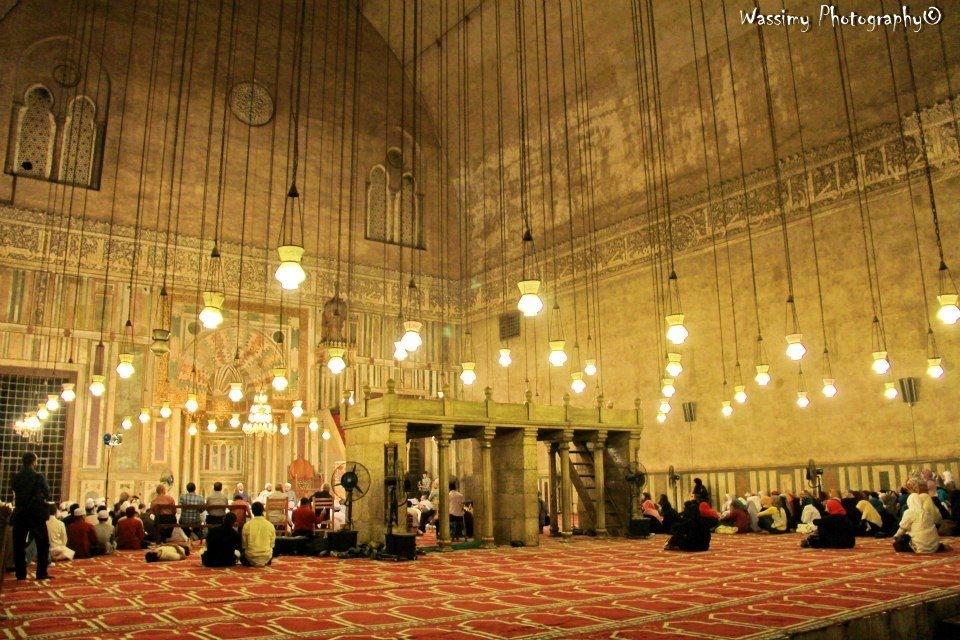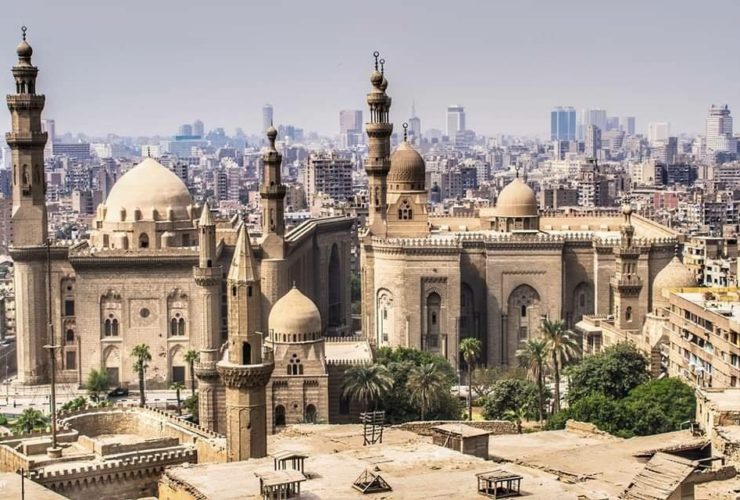Episode 20: Islamic Spirituality, pt 3
One of the richest traditions Islam has is its spiritual tradition, or Sufism as it is more commonly known. In this 5 part series I introduce the richness of this tradition from a bird’s eye view perspective and offer some practical tools in later episodes that I have found to be tremendously useful in all aspects of my life.
Episode Notes
Episode Notes
2:24 overview of hadith of Gabriel, and the parts that make up the whole
3:32 overview of the differences between the body, the soul, and the self
4:12 multiple words for the self in Islamic literature
5:40 the three goals to existence as outlined in the Quran
15:00 the nafs is referred to in different names in the Quran
15:50 the 7 levels of the nafs
19:30 the focus historically is how to traverse these levels
19:50 the five subtle things
22:45 the importance of past experience
25:10 moving into the practical side of Islamic spirituality
30:00 the importance of traversing these levels as a fundamental approach to Islamic spirituality
Selected Links
Movie The Terminal
Quran Mentioned
“enter into Islam completely” 2:208
“we have not created jinn or humans except to worship” 51:56
“created you on earth and asked from us to build it (development)” 11:61
“blessed is he who has improved their nafs…” 91:9-10
“the self that calls to bad actions” 12:53
“blameworthy self” 75:2
“mutmainna nafs” 89:27
“made faith believing to you and beautidued it inside you….” 49:7
Hadith Mentioned
“be in the world like a traveler” Bukhari
“worshiping God as if you see Him” Muslim
“Companions are best generation” Bukhari
“next person to come in is a person of paradise” Ahmad
People Mentioned
keep learning
Understanding the Muslim Mind
If we could take all of Islamic intellectual history, what sort of patterns and principles could we deduce? More importantly, if we found someone who actually knew all this information, what would they look like, think like, talk like, etc.?
What is Usuli Islam?
In The Clock of the Long Now, Stewart Brand argues that religion is one of the most durable institutions of civilization that helps ground us all in timeless values. In his concept of the forces of innovation (rapidly changing) and durability (slow changing) of civilization, religion would definitely be amongst the more slow adapting forces.
MORE




